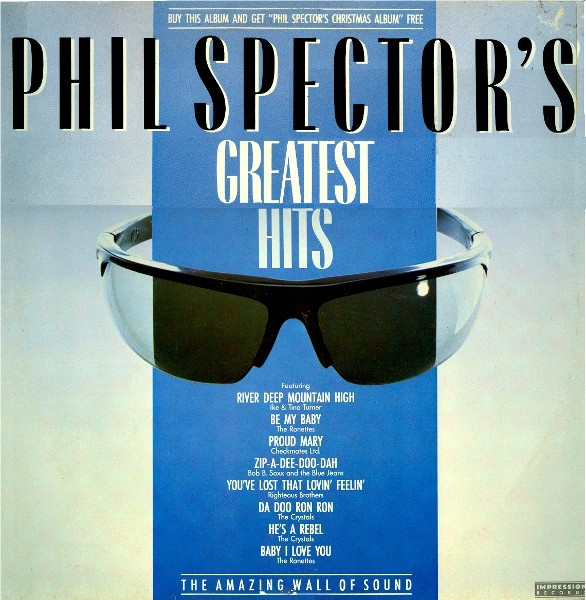Bob Dylan: The Freewheelin' Bob Dylan - 1963
Blowin' In The Wind is, of course, an absolute classic, and has been recorded by many other artists, including Peter, Paul & Mary, Stevie Wonder and Neil Young. It is the daddy of all anti-war protest songs, articulating beautifully and starkly against an acoustic background Dylan's fears for the world's future. The line "how many years can some people exist before they're allowed to be free..." perfectly aligned the song with the Civil Rights movement too. Quite simply, this song, written by a twenty-one year-old, is one of the greatest songs of all time.
The incredibly bleak Masters Of War is another whose subject is hard-hitting and obvious, although the apocalyptic A Hard Rain's A-Gonna Fall is a mysterious journey through all manner of imagery, biblical, poetic, mythological. It is a work of inspired genius.
Other classics are the vitriolic, leaving his lover song, Don't Think Twice, It's Alright; the far more yearningly beautiful original take of Girl From The North Country (later to be recorded with Johnny Cash, of course) and the excursions into the blues tradition of the folky, harmonica-driven Bob Dylan's Blues, Down The Highway, the much-covered blues oldie Corinna Corinna and another old blues cover in Honey, Just Allow Me One More Chance.
The pure folk tradition is there too in Bob Dylan's Dream and Oxford Town. Talking World War III Blues shows Dylan's black humour at its most obvious, but, for me, it has always been slightly irritating and dated. A lot of people love it, though, but I have never really gone for the humorous Dylan, preferring him riled up, reflective or mystical.
As I mentioned earlier, the impact of this remarkable album and its songs was immense, but, as someone who owns all Bob Dylan's albums, I rarely play it so there you go. I much prefer subsequent live, often bluesy or electric live versions performed by Dylan of the songs, or indeed, covers of them by different artists. Check out Dylan's storming full band, rocking version of Masters Of War on Real Live. It completely transforms the song. The same applies to many of his versions of Don't Think Twice, or Neil Young's blistering Blowin' In The Wind.










